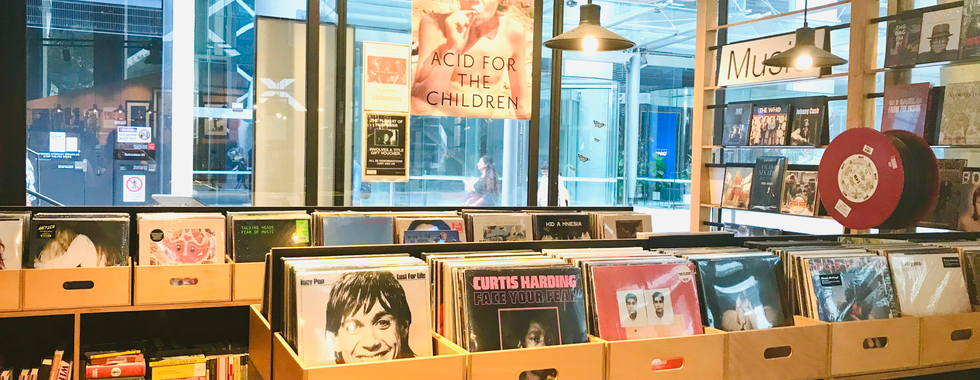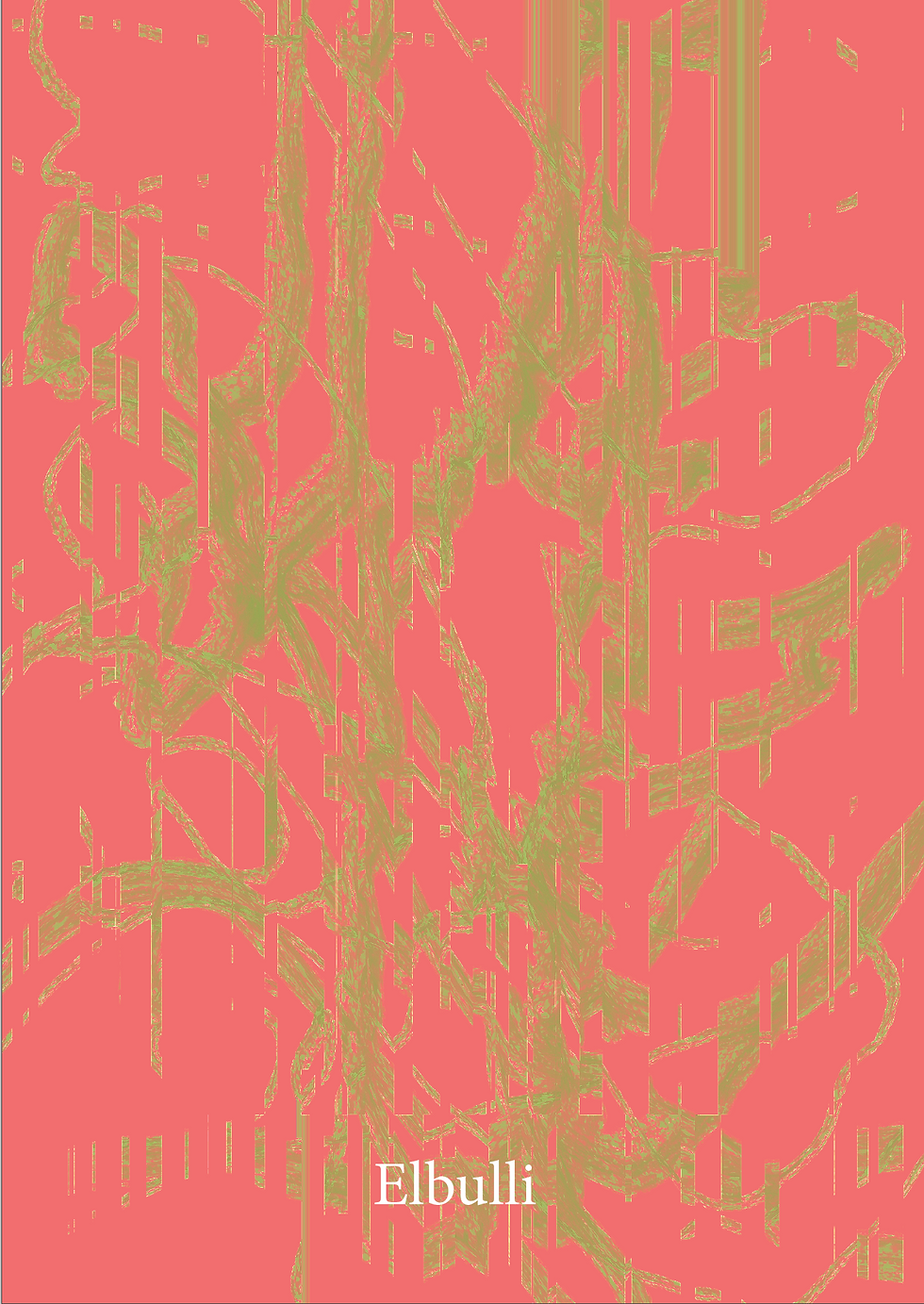Ebooks don't smell
- juliesmithaawl
- Apr 17, 2022
- 3 min read
Updated: Jun 18, 2024

In lockdown 1 I started reading Frankenstein online and began suffering from digital fatigue. I simply could not read one more thing from a screen, especially a classic like the one Mary Shelley wrote that seemed to know something about our tech problems before they were even invented. So in my legally permitted exercise time, before bookstores were forced to close, I decided to make the risky venture to visit a store not considered essential, that is, one filled with food, and bought a hardcopy of the book from Basement Books. That store closed in lockdown 2, going totally online first and then closing completely soon after. This was part of a general trend.
Aside from the political issues I have with the centralisation of book sellers (a smaller number of people deciding what you read, with the risk of unavailable being the new banned) it also occurred to me that when you buy books online, you own them but you rely on a third party to access them, and like any corporation, it could be taken over and suddenly your books are not yours anymore.
Having books in your house or locally available feels like a more solid way of owning or controlling the knowledge you have access to. But there's also the fact that eBooks don't smell and a book without a scent is like anything without a scent - it's not as connected to you because one of your senses, the emotional part of you or your brain, is not perceiving it. Online books are not really there (your reader is) and only tangible things have a scent and so far the electronic nose has failed to deliver anything close to what we experience with our real nose.
If something isn't actually there you shouldn't be able to smell it but some people are trying to bring things back from the dead through their smell. The Institute of Digital Archeology is extracting the scents of antique books from Oxford University. This poses a problem though if you are trying to make people experience the exact thing as it was, because if you have never experienced the thing, what you smell will evoke things and times you have experienced before, not necessarily the one being recreated.
In my view one of the best explanations for why we lack the language to describe scent is that the part of the brain that processes scent came before the brain that processes language. It’s older and more set in its ways. There’s almost no need for language because your experience of scent is subjective and irrational. But if I use words to describe a scent to you before you smell it it can alter your perception of it - a crafty thing to know if you want to put people off their lunch, or a competitor's product.
Most books, even new ones, are very aromatic. New Book smell is about the paper, the ink and the book-binding process where old book smell is about the chemical breakdown of compounds within paper, the people who owned it and how the book was stored.

Science says books can actually build our empathy brain, our smelling brain. We love books, especially the old smelly ones with more tales to tell than just the one the author wrote.
Adding smells to books to aid learning is also backed by science and may revolutionise the way we remember information we are told we need to know, or that which we just want to remember because we think it is valuable.
Smelling things delivers real emotional and health benefits and connects us to our past through cultural heritage.
This is bad research paid for by a candle company but it's fun because it says that the smell of books is a turn-on. The number 1 and number 3 spots, perfume and aftershave, are completely meaningless because perfume and aftershave could smell like anything. It could smell like Old Spice on your too-polite uncle eating biscuits from a packet or it could smell like a topless Indian rock and roll star from a band named Queen who has smeared some Oud behind his ears with the corner of his unravelled turban after a swim in a Himalayan lake. The word perfume is a world not a destination. Also, most of the smells named are smells of domestic bliss and not as sexy as they are safe and comforting unless safe and comforting is actually sexy. It's definitely the smell of a suburban nest that people are loving. The other interesting thing is the mention of a dating app in the middle of the camp fires and roast dinners and old books and fireworks. How unromantic. I hope to never know how to download a dating app much less use one.



















Comments